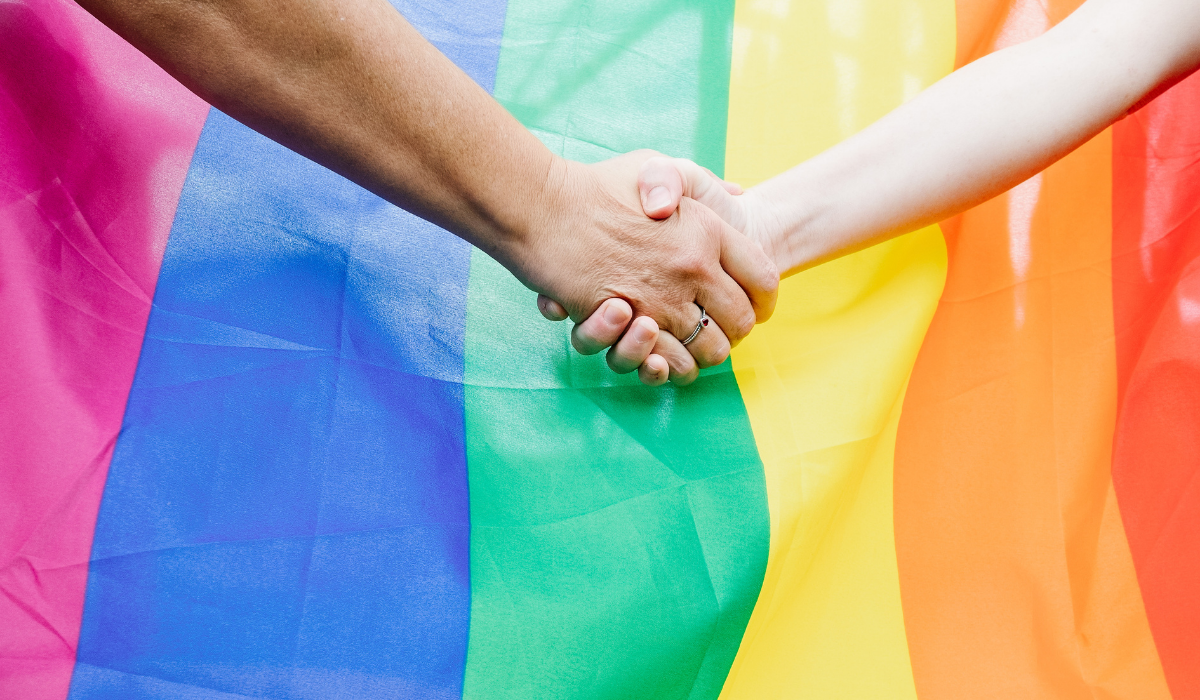Joint statement: Protect the mental health of LGBTIQ people


Mental Health Europe, together with the national civil society organisations from Bulgaria, Romania and Poland, has issued a statement calling on the national governments and political leaders to abandon LGBTIQ-phobic rhetoric and actions. This increasingly strong anti-LGBTIQ narrative, witnessed in many European countries, may affect the wellbeing and mental health of LGBTIQ people. Read the full statement below.
We are concerned about the increasing LGBTIQ-phobic rhetoric in numerous European countries, which we believe has a strong negative impact on the mental health of LGBTIQ people. The development of political narratives and mobilisation of resources to single out one part of society and curtail their rights cannot lead to cohesive, inclusive Europe.
The LGBTIQ community is increasingly becoming a scapegoat for political struggles in European countries, which severely affects their wellbeing and mental health. In recent months across the EU, we have observed the particularly deteriorating situation in Poland, Hungary, Romania and Bulgaria, where LGBTIQ people have come under sustained and increasing attack by the politicians, religious leaders and other public figures. LGBTIQ people and their rights are being dangerously framed as a threat to the societies in these countries.
A strong and influential LGBTIQ-phobic narrative is very dangerous to the safety, health, and even lives of LGBTIQ people. Particular risks arise for young people, who are generally at increased risk of poorer mental health due to discrimination and stigma that is widespread in society. According to the Health4LGBTI findings, a study funded by the European Parliament and commissioned by a wide European partnership, LGBTIQ people face significant mental health inequalities. They are at higher risk of poor mental health compared to the general population, including a higher incidence of suicidal thoughts, substance misuse, anxiety, and deliberate self-harm. Unsupportive, or even combative social environments only exacerbate these inequalities and risks.
The current situation increases the risk of violence and hate crimes by normalising and facilitating the revival of anti-LGBTIQ sentiments. It forces the LGBTIQ people to react independently and defend their own fundamental rights, while not benefiting from the adequate protection that should be guaranteed by the EU Member States. Examples from Poland show that young LGBTIQ people often do not manage to withstand this hostile environment and the scapegoating campaigns by political leaders and they resort to suicide. Michał, Kacper, Wiktor, Zuzia, Milo are only a few known LGBTIQ young people who died due to suicide recently in Poland.
In light of this, we welcome the EU LGBTIQ Equality Strategy, presented last week, which aims to protect and promote LGBTIQ’s bodily and mental health. We believe it represents a significant step forward for the European Commission to safeguard and ensure LGBTIQ rights in Europe. What is more, we are hopeful to see the inclusion of a leadership role with member states, so much needed now.
We call on the Member States and especially on the national governments and political leaders concerned to immediately abandon LGBTIQ-phobic rhetoric and actions. The life and health of LGBTIQ people, or anyone else, cannot be a tool to achieve political gains.
Estuar Foundation (Romania)
Кожа Foundation (Bulgaria)
Single Step (Bulgaria)
Campaign Against Homophobia (Poland)
Fundacja Człowiek (Poland)
LGBTIQ stands for lesbian, gay, bisexual, trans, non-binary, intersex and queer
For more details, please contact Marcin Rodzinka, Advocacy and Policy Officer at Mental Health Europe via marcin.rodzinka@mentalhealtheurope.org
Stay connected
Get our latest news, personal stories, research articles, and job opportunities.